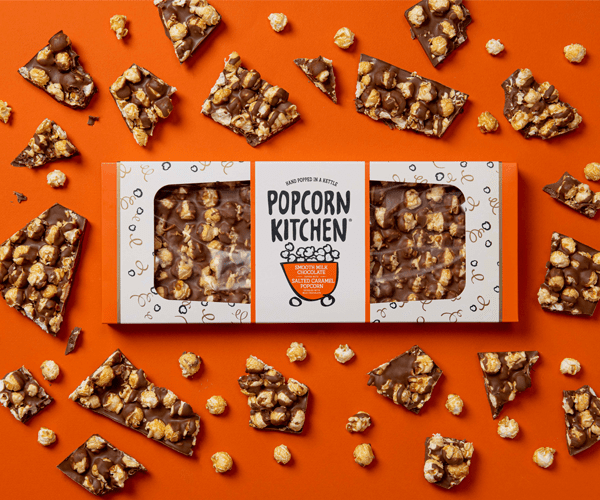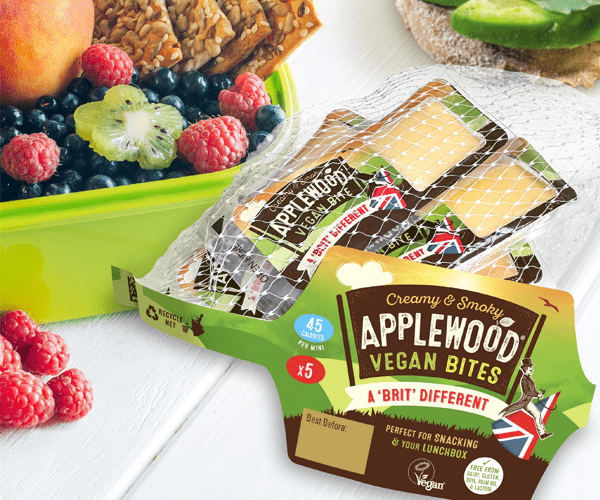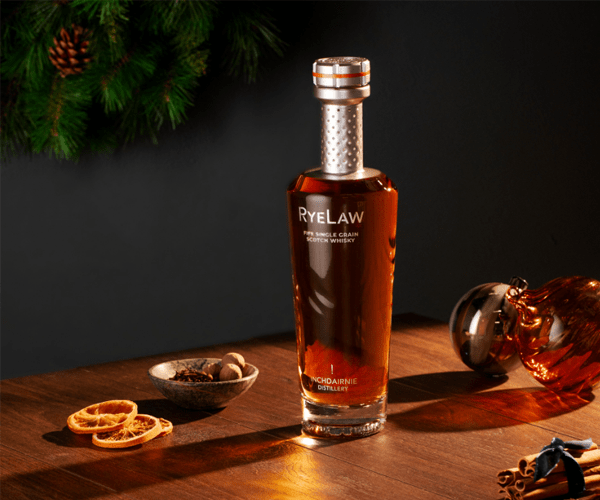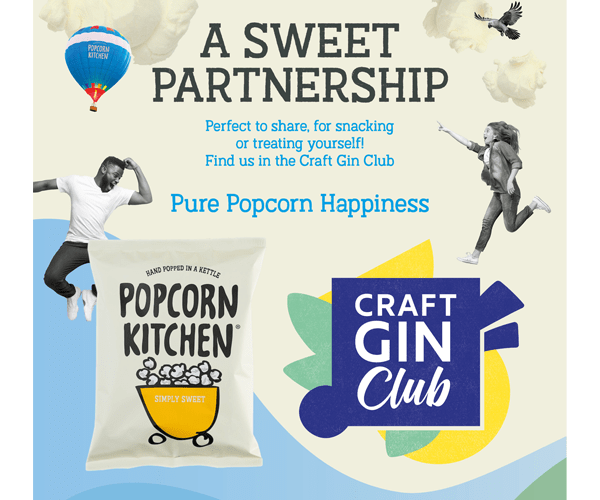Joanne
10/8/2024 10:16:06 AM
4 mins read
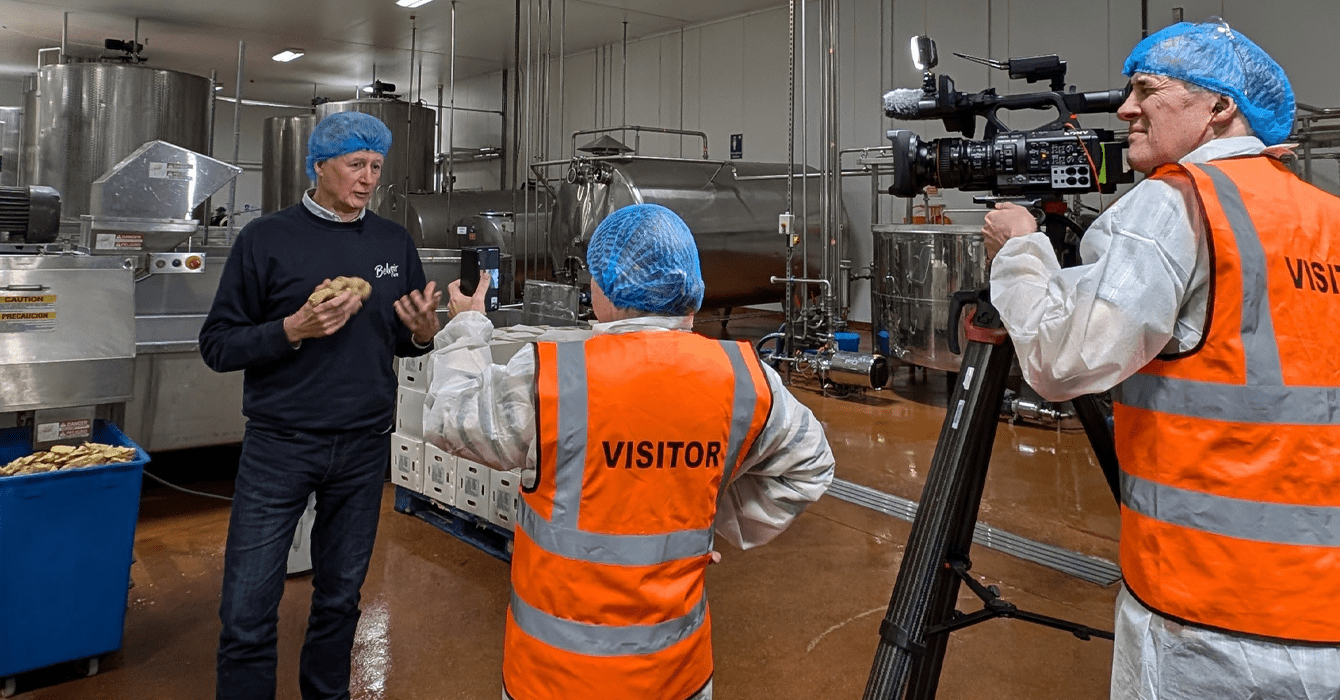
The future of artisanal natural drinks in the UK is at risk due to new levies imposed on the drinks industry from DEFRA. Pev Manners, owner of Bottesford-based Belvoir Farm, invited BBC Breakfast to film at his farm and bottling plant this morning to highlight the issue.
“We make delicious drinks with natural ingredients and have always used glass bottles since we started the business 40 years ago,” said Pev. He then showed the camera crew how their famous ginger beer and ginger cordial are made, highlighting why the company uses glass and why the new levies are putting this sector of the drinks industry at risk.
“We use over a tonne of fresh root ginger for each batch of our ginger cordial, which is sliced, cooked and then turned into a delicious natural syrup. We use wholly natural ingredients and the way to preserve this fresh taste is by using glass. We can’t use PET because natural drinks go off in PET unless you use chemical preservatives,” he continued.
DEFRA’s new Extended Producer Responsibility tax (EPR) will be introduced next April and is supposed to be designed to improve innovation in recycling, by asking producers pay the full net costs of managing and recycling the packaging waste they produce. But its new hybrid weight-based approach sets a massive disadvantage to suppliers in glass packaging and will cause huge harm to Belvoir Farm, other natural drinks makers and smaller producers. Conversely, producers of soft drinks in plastic bottles will be exempt until 2027 because they have lobbied to be covered by a different deposit scheme. This is anticompetitive and also environmentally insane as it will drive consumers towards plastic when plastic recycling rates are far lower than glass.
“Glass is the best way to produce natural soft drinks,” explained Pev in the programme. “Unlike plastic it is infinitely recyclable and already widely collected across the country in your green bin. If it was collected more widely, recycling rates would rocket.
“In the last six years we have seen sugar, a natural sweetener, taxed so highly most drinks now use artificial sweeteners such as aspartame which is classed as a possible carcinogen by the World Health Organisation.
“We don’t have to put any artificial preservatives into our drinks as the glass seals in the natural goodness. This tax is completely unfair and anti-competitive. It will drive up the cost of any drinks made in glass, including spirits, beer and wine, in turn pushing consumers towards cheaper, poorer quality and un-natural drinks in plastic.”
Pev also told the Guardian last month that the preliminary cost for glass in the EPR for packaging was “nuts”. “We have calculated that it could potentially wipe out all our profits.”
Pev and several other glass bottle drinks brands such as Fentimans and Fever-Tree have created a separate group from the British Soft Drinks Association to lobby hard on this decision and there has been some change already. “There is talk about moving from weight to volume, but ultimately we need to delay this legislation until a more level playing field has been identified,” Pev said. “The deposit recovery scheme that plastic bottles will be covered by doesn’t work - we have evidence of that in Germany and Ireland. We need a sensible discussion by government about how to support smaller SME food producers to survive in this inflationary market and also acknowledgement and support of all the other sustainability efforts we are making, such as solar energy.”
Keeping to its core principles of simple, natural ingredients from the land, not a lab, Belvoir Farm produces 20 million glass bottles and 5m cans of premium soft drinks each year which are exported around the world. In June, the company invited the local community to take part in its annual elderflower harvest, collecting flowers from the fields and hedgerows on and around Belvoir Farm, which is then made into its signature elderflower cordial.
